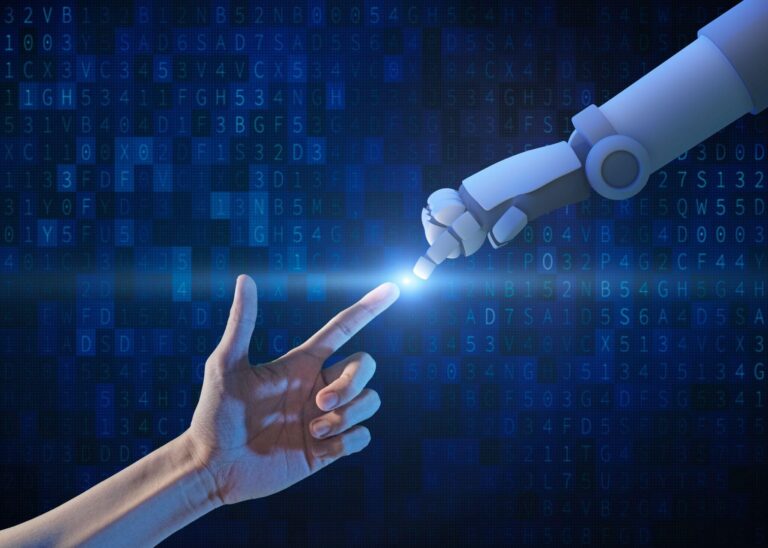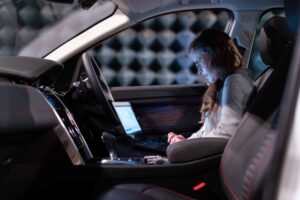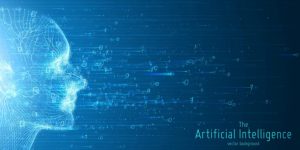Artificial intelligence (AI) has become a hot topic in the business and education world in recent years. Many educators are curious about how they can use AI in their classrooms, and rightfully so – there are many potential applications for this technology!
This blog post will discuss ten different ways to use AI in your education. Keep reading to learn more!
AI Can Personalize Learning For Each Student
A significant issue with traditional education is that it caters to the average student. Every student has different interests, strengths, and weaknesses. On top of that, every teacher has a different teaching style; some are more effective at engaging students while others tend to do a better job covering content promptly.
Artificial intelligence can be used to address the issue of personalization in education. Through machine learning, AI can observe what students are doing within an educational platform and offer personalized suggestions and guidance on improving. This will allow students and teachers to work together and ensure that everyone is on the right track for success.
AI Can Help Identify Students Who are Struggling and Need Extra Help
Identifying which students need extra attention in a traditional classroom setting can be challenging. Research suggests that as many as one in five students require some form of additional academic support. If a student does not understand a concept, it can be difficult to achieve high marks. These students can fall behind without receiving the extra help they need.
With the help of AI, teachers and school administrators will be able to identify students who require extra attention, whether it’s academic tutoring or a mental health referral. This process will be done through a combination of natural language processing and machine learning – AI will be able to analyze several pieces of student data to identify those who are struggling and need additional support.
AI Can Make Grading and Assessment Easier and More Accurate
When it comes to grading students’ work, there are several issues that educators have to deal with. One of those is assessing written or verbal feedback. In a traditional setting, teachers only have time to provide written comments on assignments and exams that may or may not be helpful.
With AI, teachers and school administrators will assess comments and feedback they’ve given students. They’ll even be able to do this on a larger scale. If teachers can provide their feedback in an audio format, AI can transcribe the information and apply it to each student’s work. This will allow educators to see what students are doing well and how they can improve.
Teachers Can Use AI to Predict Student Outcomes
Teachers spend a significant amount of time and energy preparing for each class. Since classes can vary in size and content, this can be a difficult task; it’s a lot of work to create a lesson plan each week!
Artificial intelligence can be used to help teachers with this task. AI can create predictive models that predict student outcomes in a variety of areas, including academic performance, social skills, and personal habits. This can help teachers determine which topics will be most beneficial and adjust their lesson plans accordingly.
Students Can Use AI-assisted Learning Tools to Improve Their Performance
AI has the potential to revolutionize the way students learn. By using platforms such as MOOCs and learning tools, students can access a variety of course materials with ease. In the past, students had to rely on textbooks and study guides to get information. This often meant that they tended to learn certain things by chance.
With the help of AI, students can receive personalized recommendations based on what they’ve done before; this way, they’ll be more likely to understand course material and achieve better grades. It’s also possible for students to use tutoring platforms, which can help them understand concepts through practice.
Incorporate AI Research Projects into Coursework
Of course, AI will also be able to help teachers and school administrators! With the help of machine learning, educators can learn how to incorporate AI tools into their lesson plans and help students learn about AI. By making the topic of artificial intelligence part of the curriculum, students will become more familiar with the technology and the impact it has on their lives.
Create Adaptive Quizzes and Lessons that Adapt to Each Student’s Level
With AI, teachers will be able to create adaptive quizzes and lessons that cater to each student’s individual learning needs. This can also help students with special needs, such as those with attention deficit disorder.
With adaptive learning tools, students can receive more focused and in-depth feedback on their work. Teachers can also annotate the work and provide feedback in a timely manner, allowing students to understand their mistakes and improve.
Use AI Chatbots as Tutors or Mentors
Tutoring has become an integral part of education for students of all ages. With the use of artificial intelligence, tutoring will become more accessible than ever before. By using chatbots, tutors will be able to provide students with personalized feedback in real-time.
This can also provide them with resources when they need them, regardless of time or location. This is especially helpful for students who are studying for exams or preparing research papers! By offering students access to virtual AI tutors or mentors, teachers can help their sessions run more smoothly and allow students to get the most out of them.
Tutoring isn’t the only way AI can be used in education. Academic courses, such as math and science, can also benefit from AI-assisted learning tools. For example, students can use platforms to receive customized lessons that are catered to their strengths and interests.
AI Can Monitor Student Behaviour and Flag any Potential Issues
Because AI can monitor student behaviour, it will be easier for teachers to identify students who might be struggling. This isn’t limited to academic performance; AI can help teachers identify students who may be struggling with social skills or personal well-being issues.
This is particularly beneficial for younger children, as AI can help teachers identify signs of bullying and other issues. Because it’s difficult for teachers to monitor how students are doing at all times, with AI, educators will be able to identify any problems early on so they can help students through them.
Use AI to Craft Individual Lesson Plans for Each Student
In the past, teachers had often used a one-size-fits-all approach when it came to lesson plans. With the use of AI, they’ll be able to create tailored lesson plans for each student. This can help students receive the most assistance possible, which will lead to increased achievement over time.
By using AI tools, teachers can create a detailed study plan for each student that takes into account their strengths, weaknesses, and goals. This would allow them to create lessons that are specific and targeted for each student.
Conclusion
AI will play an important role in the future of education. Technology has already started to transform how educators teach, and students learn, and it’s important that everyone is aware of how it can be used to make a difference.
We can also use AI to get better insights into the education system so we can see what’s working and what changes might need to be made. With the help of artificial intelligence, teachers and students can work smarter to deliver better results. We’ve highlighted ten ways that AI can be used in education; we hope you find these helpful!










